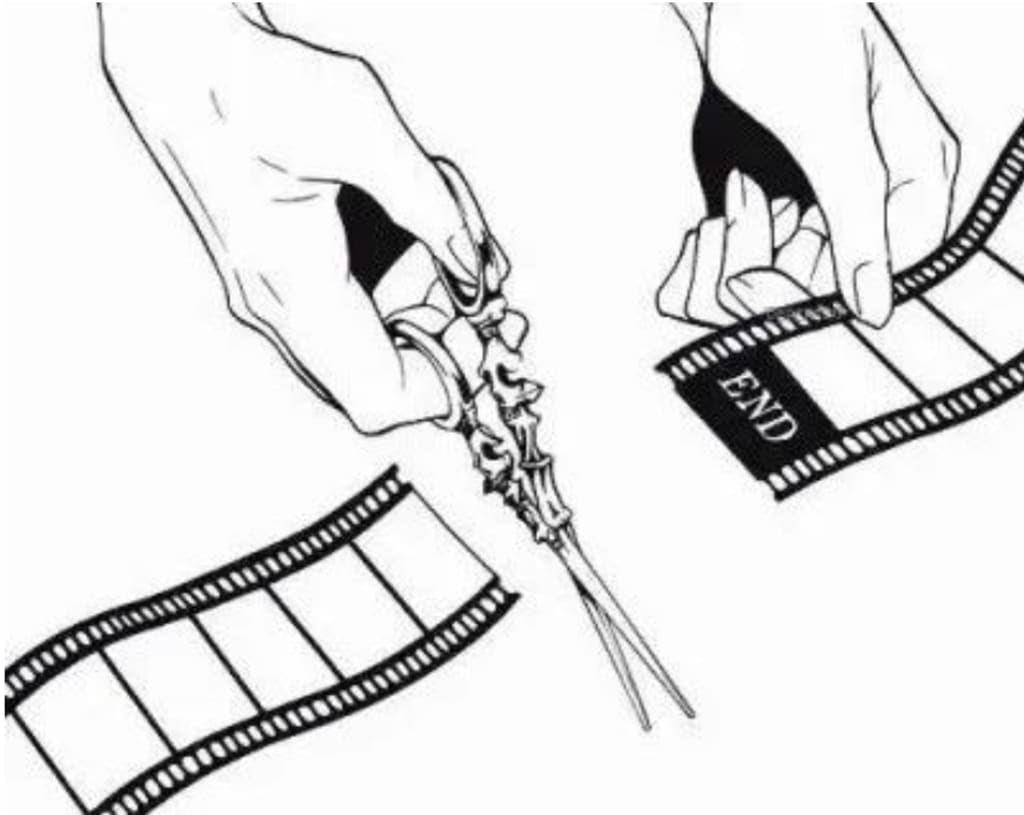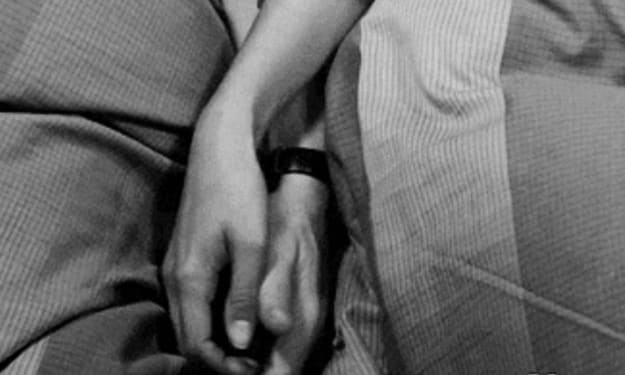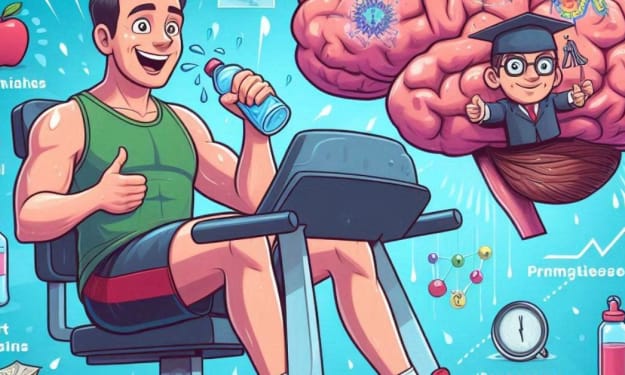10 Red Flags That Signal It's Time to End a Relationship (Not Just Romantic Ones)
Become a better version of yourself

Many people in intimate relationships often complain about the following:
They rarely receive compliments, even when they've done well.
Their needs are often overlooked.
They feel pressured to change and do things against their will.
They are attentive when their partner vents, but when they are upset, their partner seems indifferent.
Some conflicts are inevitable in the process of two independent individuals getting to know each other. However, some conflicts persist no matter how hard you try to communicate or change, leaving the relationship feeling "stuck". You might wonder, is this due to insufficient adjustment, or is it a signal that the relationship should end?
Intimate relationships are an emotional, cognitive, and behavioral experience (Jamieson, 2011), and they are a dynamic process. Therefore, we have summarized 10 signals of relationship termination from these three aspects, based on psychological theories and research. These signals apply not only to romantic relationships but also to intimate friendships. We hope this will help those who are hesitating and struggling.
Cognitive Aspects:
You feel that your efforts are self-depleting: A healthy relationship should be mutual. Although the two parties in a relationship will not be equal in every aspect, and the ways of expression are different, overall, there should be reciprocal feedback. However, in unhealthy relationships, efforts are one-sided and non-reciprocal. One party often feels that their efforts are self-depleting. If your efforts in a relationship are repeatedly unresponsive, even after communicating with the other party, and you feel a strong sense of fatigue and exhaustion, you may be in a non-reciprocal relationship. It's time to consider cutting your losses and ending this relationship.
You are often filled with negative self-perceptions: At the beginning of the relationship, you had a good perception of yourself, saw your own strengths, felt worthy of love, and were not easily flustered by others' kindness. However, as the relationship deepens, you start to feel terrible about yourself, overwhelmed by feelings of worthlessness and undeserving. You often feel disrespected and unappreciated, depressed, lonely, insignificant, ashamed, or guilty, leading to constant self-doubt and self-loathing (Bruneau, 2022). This indicates that the relationship is not worth continuing.
You feel like a different person around them: Authenticity is an important indicator of whether a relationship is healthy, whether it's a friendship or a romantic relationship. In a healthy relationship, both parties support each other and make each other more like themselves (Tremaine, 2022). Good, worthwhile relationships allow us to expose our strengths and weaknesses without burden, identify and express our true needs and emotions. At the same time, we know that the other person likes us for who we are, not for a false self. If you feel like you've become a different person around the other person, behaving in a way that's completely different from your usual self, this suggests that there may be some issues in the relationship (Bruneau, 2022). When you feel that your actions and responses are based on what you think you should do, rather than your true reactions, it's time to end the relationship.
Your understanding of the relationship is inconsistent: In your heart, they are already an important friend or intimate lover. But in their heart, you are just an "acquaintance" or "ambiguous object". This "misaligned" understanding of the relationship means that the definition of the relationship is not clear enough and lacks consensus. In this state of unaccountabilityand ambiguity, you may feel anxious and insecure, and this relationship is not worth continuing.
Emotional Aspects:
You often feel emotionally drained: In a healthy relationship, both parties should feel emotionally enriched. However, if you often feel emotionally drained after interacting with the other person, it may be a sign that the relationship is unhealthy. If you often feel anxious, depressed, or stressed in the relationship, it's time to consider ending it.
You feel more negative emotions than positive ones: In a healthy relationship, positive emotions should outweigh negative ones. However, if you often feel anger, resentment, or sadness in the relationship, it may be a sign that the relationship is not healthy. If the negative emotions outweigh the positive ones, it's time to consider ending the relationship.
Behavioral Aspects:
You avoid interacting with them: If you find yourself avoiding interactions with the other person, it may be a sign that the relationship is not healthy. This could be avoiding physical contact, avoiding conversations, or avoiding spending time together. If you find yourself avoiding the other person, it's time to consider ending the relationship.
You feel trapped in the relationship: If you feel like you're trapped in the relationship and can't leave, it may be a sign that the relationship is not healthy. This could be due to fear of being alone, fear of retaliation, or fear of hurting the other person. If you feel trapped, it's time to consider ending the relationship.
Your boundaries are often violated: In a healthy relationship, both parties should respect each other's boundaries. However, if your boundaries are often violated, it may be a sign that the relationship is not healthy. This could be physical boundaries, emotional boundaries, or time boundaries. If your boundaries are often violated, it's time to consider ending the relationship.
You're constantly making sacrifices: In a healthy relationship, both parties should be willing to make sacrifices for each other. However, if you find yourself constantly making sacrifices and the other person is not willing to do the same, it may be a sign that the relationship is not balanced. If you're constantly making sacrifices, it's time to consider ending the relationship.
In conclusion, if you notice these red flags in your relationship, it may be time to consider ending it. It's important to remember that ending a relationship is not a failure, but a step towards finding a healthier and more fulfilling relationship.
About the Creator
kpvi
Pay attention to self and inner heart
Enjoyed the story? Support the Creator.
Subscribe for free to receive all their stories in your feed. You could also pledge your support or give them a one-off tip, letting them know you appreciate their work.






Comments
There are no comments for this story
Be the first to respond and start the conversation.